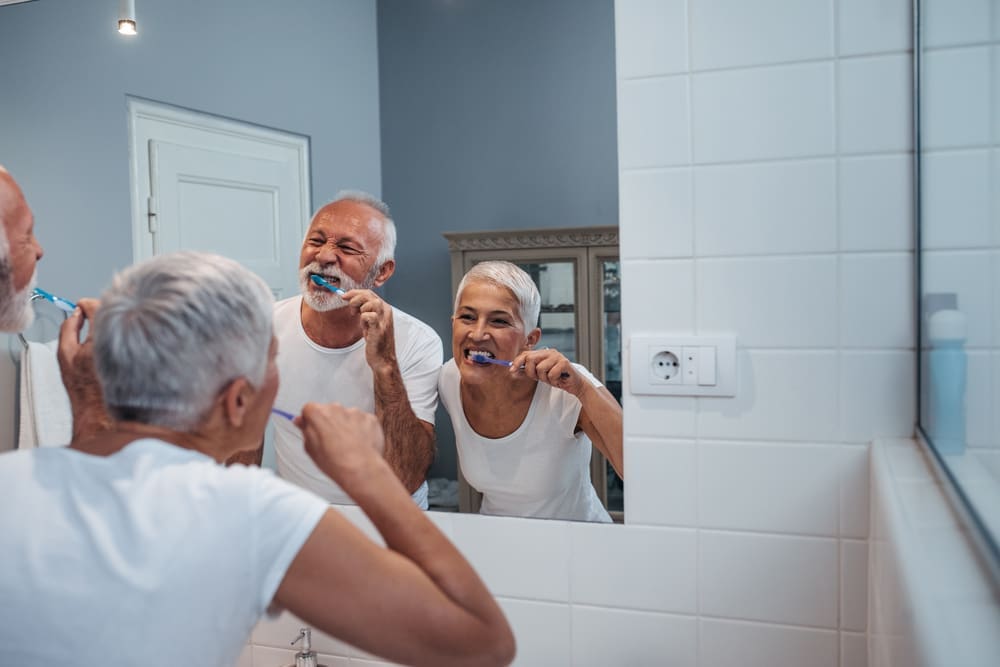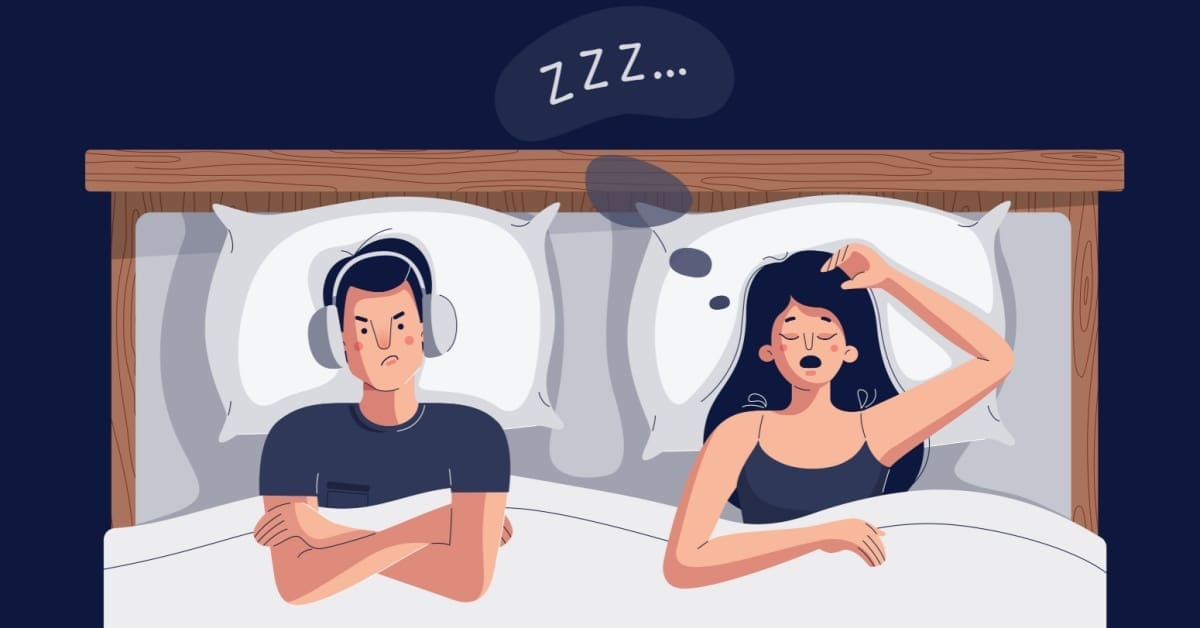Insuring Dignity and Well-Being: Comprehensive Oral Care for the Elderly
As people grow older, the significance of upholding optimal oral health becomes progressively vital. While oral care is sometimes underestimated, it holds a substantial role in the holistic well-being of the elderly.
Here, we discuss the importance of oral care for the elderly, emphasizing its impact on general health. Additionally, we will explore specific considerations for oral care in elderly individuals with no teeth and those grappling with dementia.
Importance of Oral Care in the Elderly

Overall Health Impact
Ensuring good oral hygiene extends beyond a vibrant smile; it is intricately connected to broader health implications. Elderly individuals with poor oral health may face an increased risk of various systemic issues, such as cardiovascular diseases, diabetes, and respiratory infections.
Neglecting oral care can foster the growth of harmful bacteria in the mouth, elevating the risk of infection and inflammation and ultimately impacting other body parts.
Nutritional Concerns
Elderly individuals often face challenges maintaining a well-balanced diet due to dental problems or tooth loss. Inadequate oral care can contribute to difficulties in chewing and swallowing, leading to malnutrition.
Maintaining adequate oral hygiene is vital to safeguarding the capacity to eat easily and guaranteeing that seniors acquire the essential nutrients for their overall health.
Preservation of Independence
Preserving an individual’s independence and quality of life is closely tied to optimal oral health. Dental issues can cause pain and discomfort, limiting an elderly person’s ability to engage in daily activities.
Regular oral care supports independence by preventing the development of oral problems that could otherwise compromise an individual’s autonomy.
Oral Care for the Elderly with No Teeth
Denture Maintenance
Elderly individuals without natural teeth may use dentures to aid chewing and speaking. It is crucial to clean dentures daily to prevent the buildup of bacteria and fungi.
Dentures should be removed and brushed with a denture brush using mild soap or denture cleaner. The mouth and remaining natural teeth should also be cleaned to maintain oral hygiene.
Gum Care
Even without natural teeth, the gums require attention. Massaging the gums with a soft toothbrush or cloth helps stimulate blood flow and maintain gum health. This practice also aids in reducing the risk of irritation and inflammation.
Regular Dental Check-ups
Despite the absence of natural teeth, regular dental check-ups are essential for individuals with dentures. Dentists can assess the fit of dentures, identify any signs of irritation or infection, and provide guidance on proper denture care. Regular check-ups also enable early detection of any potential issues.
Oral Care for Elderly with Dementia
Challenges in Oral Care
Elderly individuals with dementia often face unique challenges in maintaining oral hygiene. Memory loss and cognitive decline may pose challenges, making it challenging for individuals to recall or comprehend the significance of oral care. As a result, they may resist or be unable to cooperate during oral care routines.
Adapted Oral Care Techniques
Caregivers and healthcare professionals working with elderly individuals with dementia must adapt oral care techniques to meet the specific needs of this population. Using a gentle and patient approach, incorporating familiar routines, and providing clear and simple instructions can help facilitate oral care for individuals with dementia.
Importance of Regular Monitoring
Consistent monitoring of oral health is crucial for individuals with dementia, as they may not be able to communicate discomfort or pain. Regular checks for signs of oral issues, such as swelling, redness, or changes in behavior during meals, can help identify problems early on and prevent further complications.
Empowering Dignity: The Crucial Role of Comprehensive Oral Care in Elderly Well-Being
Oral care for the elderly is integral to overall health and well-being. Recognizing the importance of maintaining good oral hygiene in the elderly, especially those without teeth or dementia, is essential for promoting a dignified and comfortable aging experience.
By addressing the specific needs of these individuals, we can ensure that oral care remains a cornerstone of holistic healthcare for our aging population.
For exceptional dental care in New Jersey, contact Dr. Paul Feldman at Suburban Essex Dental in West Orange – where expertise meets excellence in oral health.







